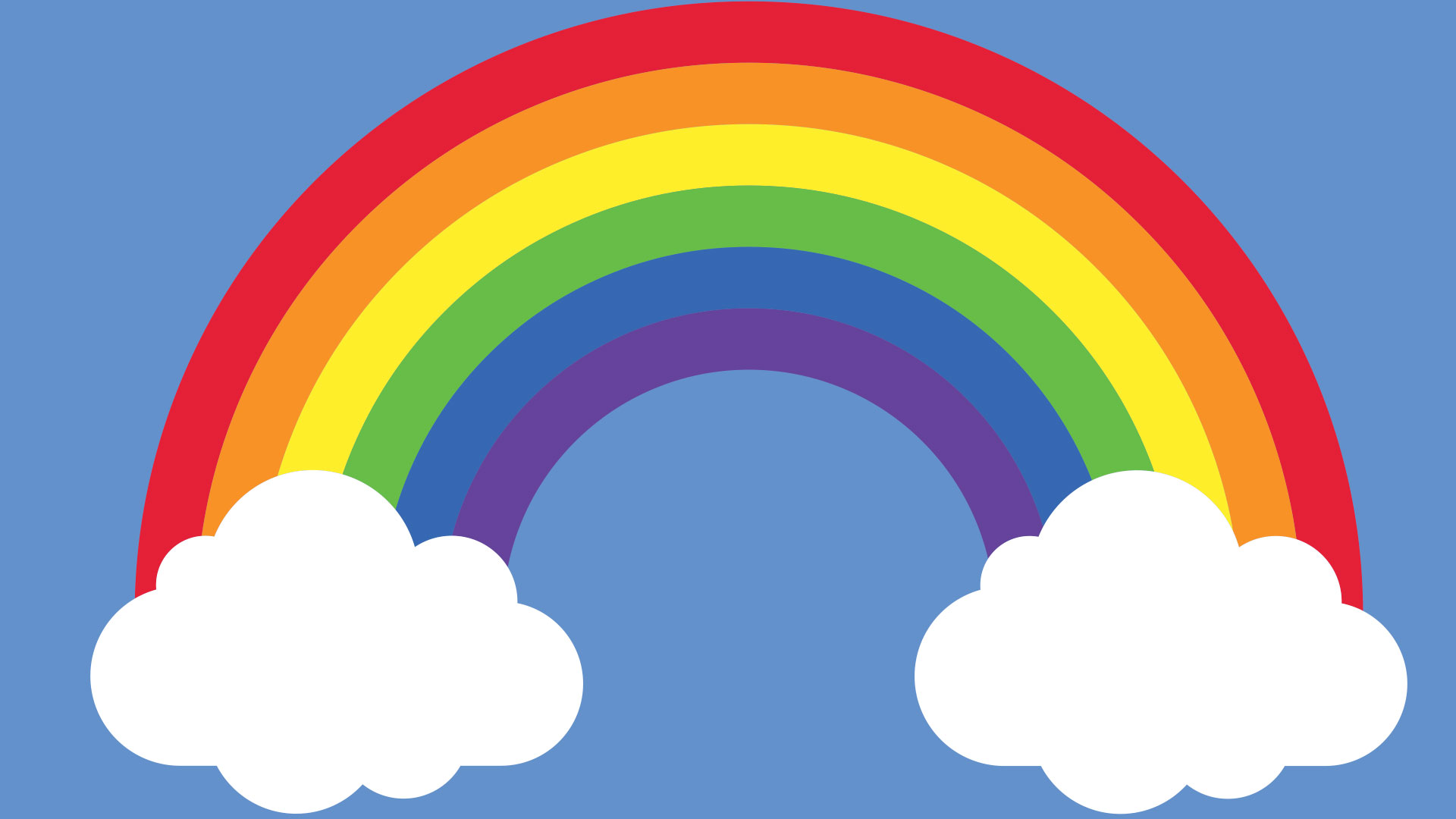You are viewing your 1 free article this month. Login to read more articles.
Censorship creep
An aversion to rainbows is just one example of a worrying global trend.
Will people seek to ban Dorothy herself next? On the sidelines of the second International Booksellers conference held in Sharjah in the United Arab Emirates at the start of May, there was talk of the problems rainbows are causing across the region. You read that correctly: rainbows. Publishers are discovering that illustrations of rainbows in children’s books are leading some retailers to pull titles from the shelves after complaints by parents. It is happening across the Gulf region, with Saudi Arabia being the worst offender, but also instances in Qatar and the UAE too.
The reason is both absurd and obvious. Parents are equating the rainbow with the promotion of LGBTQ+ values, even if the images in question show a rabbit who just happens to be hopping around on a day when there was a rainbow in the sky. One UK publisher said: “We had one retailer who we’d been selling the same range to for a number of years who said that a parent had complained about the image of a rainbow on page 12 or whatever it was. They said they wanted to return the whole range and have credit. It’s very frustrating, although we understand that they want to avoid a fine, and we want their business going forward”.
A new wave of censorship seems to be taking hold in parts of the world. If banning rainbow images seems absurd, then what about the Diary of a Wimpy Kid, which has been banned in Tanzania. Education minister Adolf Mkenda said: “We are banning these books from schools and other education institutions because they contradict Tanzanian cultural norms and morals.”
A leader column in Tanzania’s Citizen newspaper said: ‘It is immoral to introduce children to educational materials or information that promotes same-sex relationships. In that case, proper legal action must be taken against the offenders, including the removal of any materials that were covertly introduced into the educational system.”
At the Association of America publishers virtual annual meeting, Adrienne Vaughan, president of Bloomsbury Publishing USA, said that book banning and other censorship efforts are of pressing concern
One publishing figure who knows the country well said: “What annoys people is when the west tries to impose its values and cultural norms on other parts of the world.” He pointed out the irony of Christian colonialism. “The west brought the Bible to Africa but has now abandoned its teaching. But parts of Africa try to live according to the Bible and believe the book is opposed to same-sex relationships.”
One wishes more was made of human similarities than cultural differences. In any given country a certain percentage of the population will be gay.
In Tunisia, President Kais Saied recently gave a speech about freedom of thought at the opening of the country’s national book fair in April. But then he ordered security agents of the state to confiscate The Tunisian Frankenstein by Kamel Riahi, which compares Saied to Frankenstein. PEN America said the seizure of the book was another “alarming sign of deteriorating progress on democracy in the country”.
At the Association of America publishers virtual annual meeting on 8th May, Adrienne Vaughan, president of Bloomsbury Publishing USA, said that book banning and other censorship efforts are of pressing concern. “Not a week goes by that we aren’t dealing with some issue of censorship.”
There have been worrying events in London too. British anti-terrorism police arrested La Fabrique’s foreign rights manager Ernest Moret en route to the London Book Fair. The publisher’s UK house Verso, with which it has a close relationship, said: “Ernest was interrogated for several hours and asked some very disturbing questions: his point of view on the pension reform in France, on the French government, on Emmanuel Macron, his opinion on the Covid crisis... Perhaps most seriously, during his interrogation, he was asked to name the ’anti-government’ authors in the catalogue of the publishing house La Fabrique, for which he works.”
President Joe Biden has raised the issue of book banning in his campaign video for re-election in 2024. He includes the banning of books in a list of threats to freedom posed by “MAGA [Make America Great Again] extremists”.
Biden says: “Freedom. Personal freedom is fundamental to who we are as Americans… But you know, around the country, MAGA extremists are lining up to take on those bedrock freedoms, cutting social security that you’ve paid for your entire life, while cutting taxes from the very wealthy, dictating what healthcare decisions women can make, banning books and telling people who they can love, all while making it more difficult for you to be able to vote.”
The video includes an image of a stack of books that have either been challenged, or removed from school reading lists or banned in the US in the last decade. It includes Harper Lee’s To Kill a Mockingbird, Khaled Hosseini’s The Kite Runner and Toni Morrison’s Paradise and The Bluest Eye. The American Library Association (ALA) has reported 1,269 attempts to censor library books in 2022, the highest number of attempted book bans since the ALA began compiling data about censorship in libraries more than 20 years ago.
The video also includes a picture of a protester holding a banner which reads "Books unite us, censorship divides us". The campaign video may be the first time that books have been mentioned both in words and pictures in a presidential campaign video.
In The Wizard of Oz, Dorothy famously says: “There’s no place like home”. But for some members of the LGBTQ+ community, or for those bloggers or protesters who dare to question their government, home can be awful. Authoritarian regimes always use vague terms such as "threats to national security" to justify clamping down on dissent. With help from the International Publishers Association and bodies such as PEN America, somewhere over the rainbow this will stop. But at the moment these are worrying times.




















